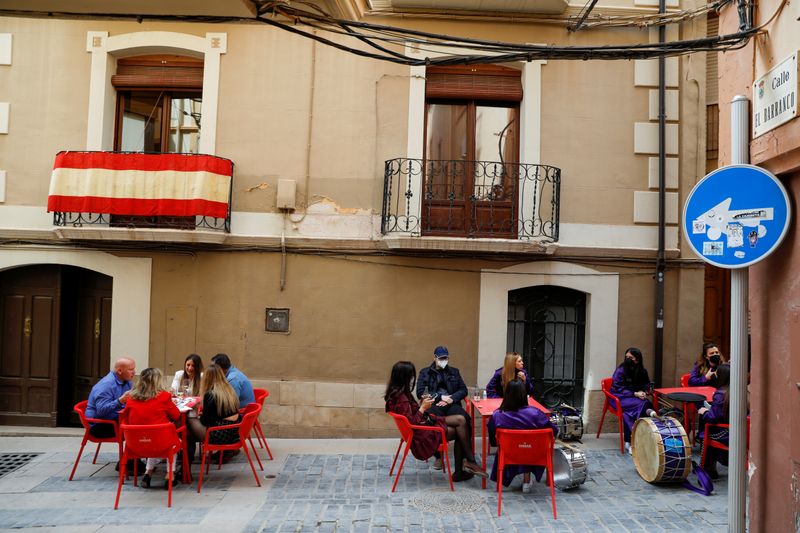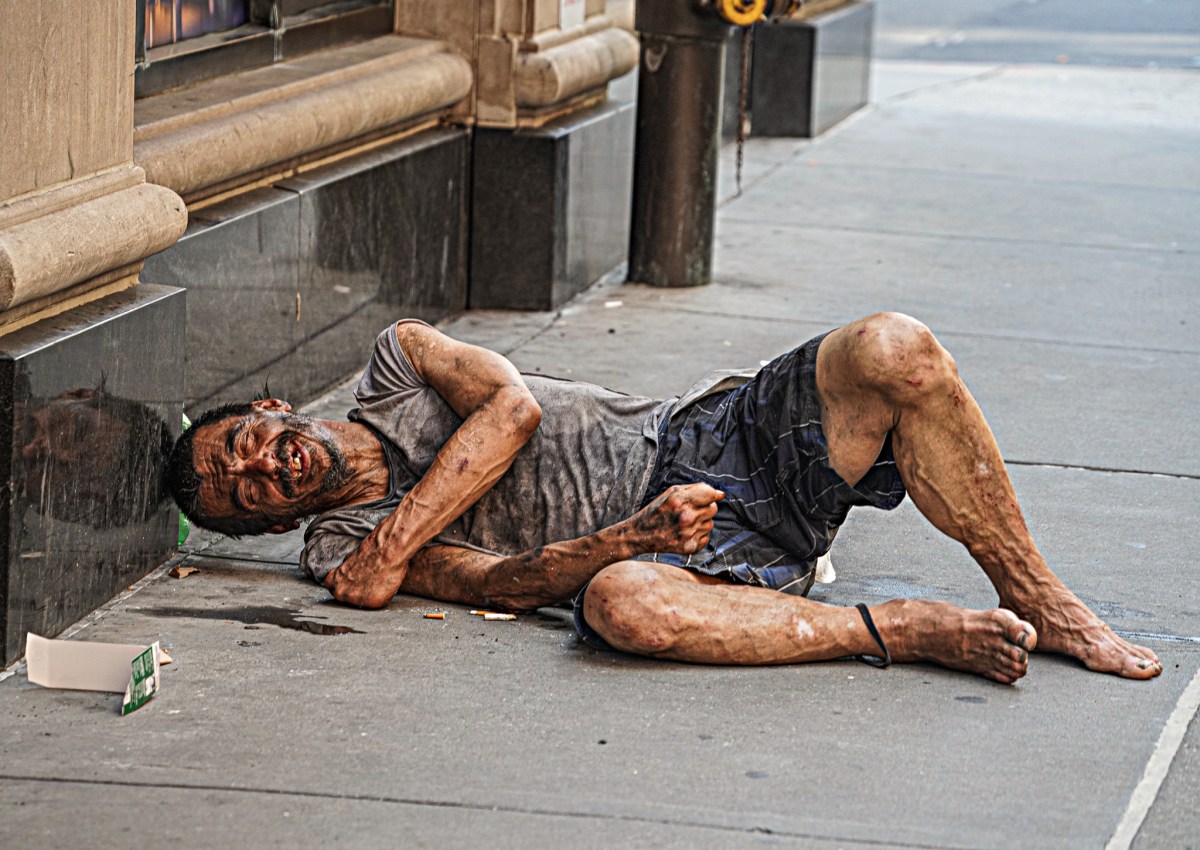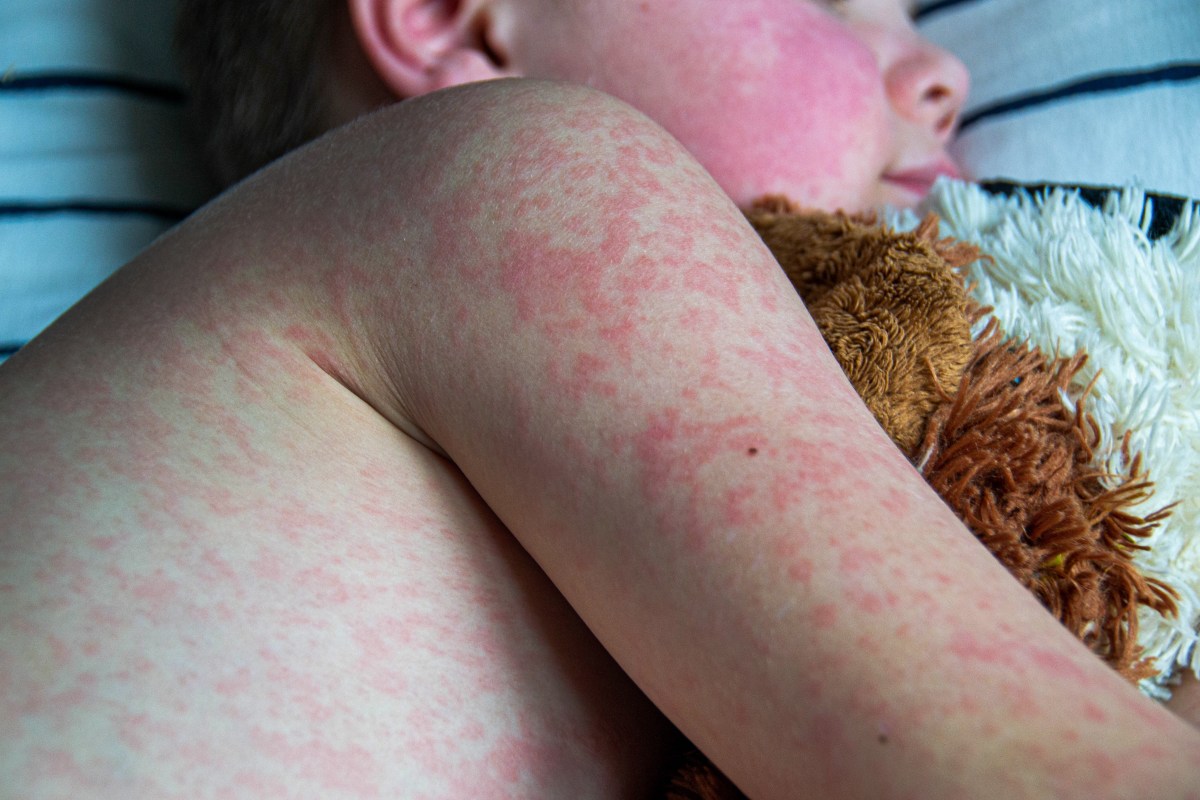MADRID (Reuters) – Authorities in several Spanish regions ratcheted up COVID-19 restrictions on Wednesday to rein in a rising infection rate and prevent it from evolving into a fourth wave of contagion.
Though Spain is faring better than neighbouring France, where rampant infections have pushed hospital admittance rates to near five-month highs, the daily caseload has been increasing for three weeks.
Spain’s national infection rate, as measured over the past 14 days, rose to 165 cases per 100,000 people on Tuesday, up from 128 cases in mid-March, but still well below the 900-case peak seen in late January.
Wary that increased social contact over the recent Easter break might fuel further contagion, authorities in northeastern Catalonia, which borders France, announced they would reimpose a ban on residents travelling outside their home county.
That restriction, effective from Friday, had been lifted in recent weeks to allow members of a household to move freely within Catalonia, which on Tuesday had an incidence of 203 cases per 100,000 people.
Officials said the data likely did not yet reflect the impact of the Easter break and warned that intensive care hospitalisations were on the rise.
Authorities in the Basque Country shut down all non-essential travel in and out of regional capital Vitoria-Gasteiz and the province of Alava after the 14-day infection rate ticked above 400 cases per 100,000 people.
Similar measures were imposed on the small town of Tarazona in the Aragon region.
Later on Wednesday, the health ministry was expected to clarify rules for wearing masks on beaches after a new law mandating their use, even when social distancing could be guaranteed, caused widespread confusion.
(Reporting by Nathan Allen and Joan Faus, editing by Andrei Khalip and Bernadette Baum)

























